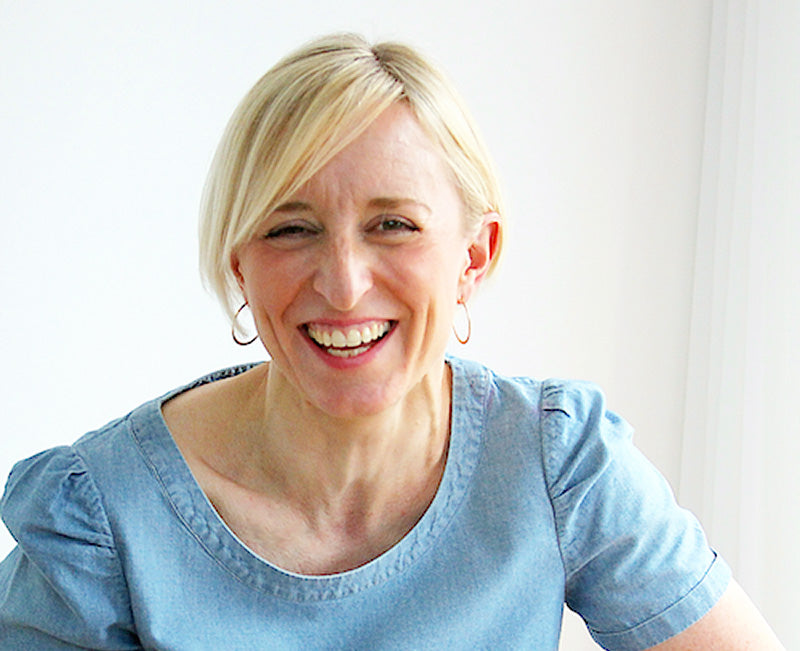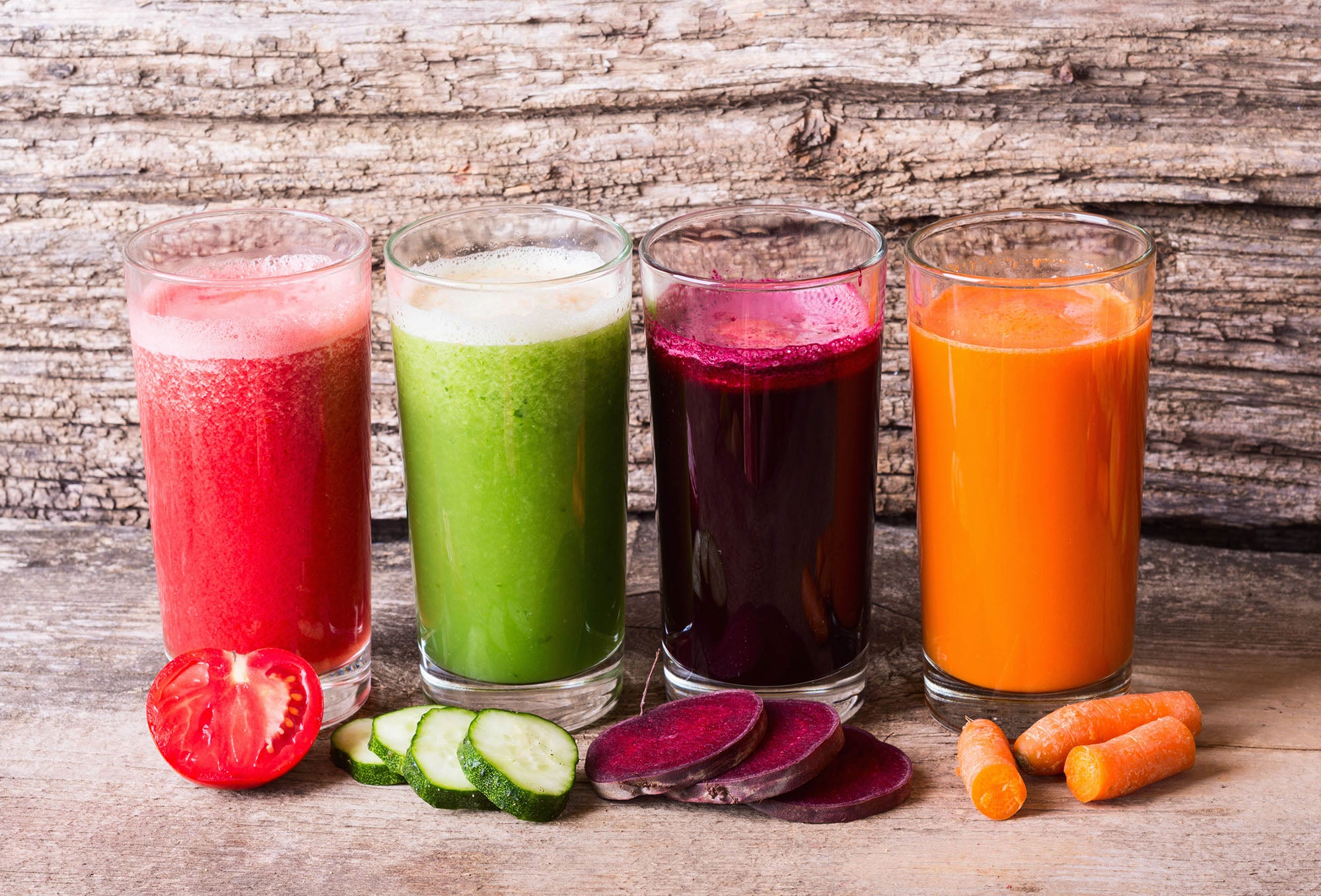Health & Wellbeing with Nicola Shubrook

I always find Spring the perfect time to look at our wellbeing, both inside and out.
With that in mind, I sat down with the inspirational Nicola Shubrook, Nutritional Therapist & Clinical Hypnotherapist, and founder of the lifestyle wellness site Urban Wellness.

What does healthy living mean to you?
Healthy living is about finding your own balance and what’s right for you – where there are no good or bad foods, no calorie counting or fad diets, but getting in tune with your own body and eating and moving in a way that is right for you.
It is also about both your mental and physical health working together. The body and the brain are intrinsically linked in more ways than we fully understand yet, but by working on both together you create a healthier and happier life. Listening to your body, nourishing it with the right foods, taking time for self-care (which as women we’re not great at doing) and being kind to yourself.
What inspired you to develop the site?
Back in my 20s, I was carving out a successful career in advertising, but I was highly stressed and living on a media diet of alcohol, sugar, caffeine and cigarettes, with little sleep! I then started having panic attacks and it was my journey to stop the panic that led me to nutrition. That initial ‘discovery’ of how what you eat can influence how you feel emotionally was huge for me and it’s been non-stop ever since.
I took myself back to college, graduating in 2009 as a registered nutritional therapist, and that’s when I knew I wanted to help others who, like me, need to reclaim their health and mental wellbeing despite being busy (and stressed).
In 2016 I qualified as a clinical hypnotherapist and I now use both disciplines with clients, when relevant, to help women feel better and more empowered to look after themselves.

What do you think is the single most important thing we can do to feel ‘well’?
We are each individual, so that’s quite a tough one to answer, but probably the biggest thing I encourage my clients to do is to take time out just for themselves. No devices, no demands from other people, no guilt – just pure, unadulterated self-care. Whether it’s having a bath, going for a walk, reading a magazine, gardening or booking a massage – something that is 100% for you and no one else.
Many of us look at our lifestyles at this time of year but struggle with ‘dieting’. What advice would you give to someone who wants to make some changes?
Firstly, throw out the word diet! It’s a negative word that carries so many connotations and we’re all busy enough as it is without embarking on an all-or-nothing diet approach that is setting you up to fail before you’ve even started.
Then throw away calorie counting – it is outdated, and the focus must be on quality food, not quantity. 100 calories of almonds are going to serve your body nutritionally a lot better than 100 calories of chips!
Instead, encourage yourself to start eating more healthily, making small changes, one at a time, and they’ll soon add up to big ones. For example, maybe start by ensuring that you are staying hydrated and cut down on fizzy drinks, caffeine and alcohol. Or make a pledge to move more by using the stairs and adding a walk into your commute.
Focus on whole foods, and throw away anything that is labelled ‘no sugar, ‘low fat’ or ‘under 300 calories’, which the food industry throws at us on a daily basis.
Many of us are going through the menopause. How would you suggest we best support our bodies’ needs during this time?
The menopause can be challenging for many women, making them feel emotionally like a different person at times, not to mention things like weight gain and hot flushes, and yet it is all part of the natural process of being a woman. The problem is that our hormones are sensitive to everything we do, what we eat, how well we sleep and our stress levels, so if you are heading towards the menopause then self-care is even more important at this stage in our lives.
Focusing on a good, wholesome diet, getting a good night’s sleep, managing stress, creating ‘me time’ and exercising regularly – these will all help to balance your hormones and enable you to glide more easily through this life stage.
It can be a complex stage though, and I would encourage any women struggling with the menopause to find a registered nutritional therapist to help them through this journey more naturally.

Do you think we have to be ‘super clean’ and healthy all of the time?
Absolutely not! It is unhealthy to be ‘super clean’ all of the time, and actually eating disorders such as orthorexia are on the rise because of this ‘clean eating’ attitude, which comes with its own set of rules and restrictions about what we can or can’t eat.
I truly believe life is to be lived, so the occasional glass of wine or piece of cake is not going to do you any harm whatsoever. It’s all about balance, and typically I encourage clients to eat well 80% of the time and not to worry about the other 20%.
We’re busy women, with busy lives, and many of us struggle with feelings of anxiety at times. Can you suggest foods or supplements that can help with this?
There are some key nutrients that can really help support our mental health, including anxiety and depression.
Omega 3, which is mainly found in oily fish such as salmon, mackerel and sardines, may help to reduce the symptoms of anxiety and depression. There are some plant-based sources of omega-3 that are found in foods such as flaxseeds and chia seeds, but they don’t convert in the same way as animal-based omega 3, so a supplement may be needed for those women who are vegan or who don’t eat oily fish regularly.
B12 is another key nutrient that we need to help produce serotonin, an important neurotransmitter that is also known as the ‘happy hormone’, which helps to regulate our moods. Again, this is only found in animal products such as fish, milk, eggs and meats, so a supplement is recommended if you are vegan.
Cutting out the crap will then go a long way to supporting good moods. Removing any sugars or artificial sweeteners, cutting down on processed and junk foods, increasing vegetable intake and staying hydrated will go a long way to support anxiety and other mental health issues.
Reducing your stress, or learning ways to better manage it, will also help. Stress has a direct impact on our gut function and it is here that a lot of our neurotransmitters (brain chemicals) are made, including serotonin, but it is also where our gut bacteria or microbiome hang out, and there is growing research linking good levels of gut bacteria to good mental health.
Stress, on the other hand, reduces both the number of these good bacteria and their diversity. Therefore, adding more fibre to your diet and increasing what we call prebiotic foods (which bacteria feed on) such as asparagus, artichokes, onion, garlic and fermented foods such as kefir, sauerkraut and kombucha.
What is the most common request you experience in your clinics?
Probably digestive health – people want help with anything from bloating and acid reflux through to IBS and ulcerative colitis. Typically, clients come to me when they have exhausted all other options via their GP and yet they still don’t have any relief from their symptoms, or when they can’t work out which foods do or don’t trigger their symptoms. Through a functional medicine approach, I work with clients to understand their drivers, rather than just treating the symptoms.

Do you have a mission for Urban Wellness?
There are plans to open an Urban Wellness clinic together with other therapists, such as an acupuncturist, an osteopath and a functional medicine GP, all in-house, so that we can give clients the right help and find solutions to their health problems more quickly and easily.
For this year, the focus is still largely on my private work with individual clients, either at my clinic space in East London or executive nutrition at the offices of my super busy workaholic clients!
What are your own health goals for this year?
I may have left media some years ago, but I am still super busy and last year I found I was skipping my exercise as a result, so this year I have started working with a personal trainer and am committed to including more exercise as part of my week. I even diarise it so I don’t forget! I exercise to make me feel good and to support my own mental health – I’ve always said running is my meditation, so once the weather gets warmer I’ll be back in the forest near me for some trail runs.
More about Nicola:
Nicola Shubrook is a registered nutritional therapist, functional medicine practitioner, clinical hypnotherapist, and founder of Urban Wellness. Nicola works with clients both privately and in corporate settings, offering executive nutrition to clients at their workplace, either individually or in group workshops. She is also a freelance journalist and regularly contributes to brands, including BBC Good Food and NetDoctor.
www.urbanwellness.co.uk
www.facebook.com/UrbanWellnessUK/
twitter.com/UrbanWellnessUK
Insta: @urban_wellness_uk








